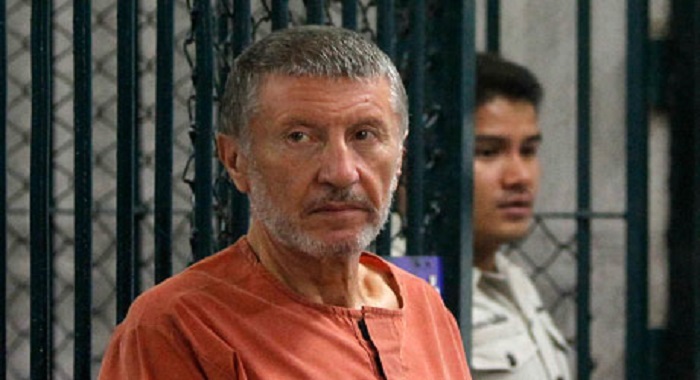Secret records of suspected financial crimes committed during the apartheid-era and linked to controversial business figures are back in focus as archivists are intent on exposing those who were involved in corruption more than two decades ago.
The South African History Archive has for three years been trying to have the records released by the South African Reserve Bank (SARB).
This matter is set to intensify on Friday as it is expected to be heard in the Johannesburg High Court.
SARB spokesperson Jabulani Sikhakhane on Wednesday was not yet prepared to comment.
“The SARB is defending the matter and will therefore not comment further pending deliberations and the court’s ruling,” he told News24.
The matter has been dragging on for three years.
Battle for secret records
In August 2014, the history archive – created by anti-apartheid activists in the 80s – in consultation with non-profit organisation Open Secrets – which aims to hold accountable those in the private sector who commit financial crimes – first requested the records.
Promotion of Access to Information Act (PAIA) requests were made. This later resulted in the matter going to court in a series of matters that have led up to Friday’s hearing.
“Specifically included in this request was information about fraud through manipulation of the financial rand dual currency, foreign exchange or the forging of Eskom bonds,” a press release published this week on the Open Secrets website said.
“Given the current public outcry over alleged widespread state capture in South Africa, untangling the extensive networks that enable corruption is more pressing than ever. Private interests remain central to the abuse of state power.”
Under scrutiny – who’s who
Individuals said to be linked to alleged fraud and who the history archive wants records on are:
Vito Palazzolo:
Palazzolo, 70, who was based in South Africa and under investigation for years in relation to his activities and possible links to government officials and corrupt police, was never arrested in this country.
“He became closely tied to senior apartheid officials and it was alleged that Palazzolo was linked to the ‘Bank of Bisho’ in Ciskei used to launder money for joint South African Israeli weapons programmes,” the Open Secrets press release said.
Palazzolo was detained in Thailand in 2012 as he was returning to South Africa.
He is now jailed in Italy, where he had been wanted since 2009 for Mafia-related links.
Johann Philip Derk (Jan) Blaauw:
Blaauw, who was a brigadier, is believed to be dead. He would have turned 96 this year.
The Open Secrets press release said Blaauw, who ventured into business in the 1970s, was allegedly involved in the international arms trade and was present when Fanie Botha, a senior cabinet members at the time, wrapped up a deal with the Israeli government “to provide the government with 500 tons of uranium in return for 30g of tritium, a radioactive substance that thermonuclear weapons require to increase their explosive power.”
Robert Oliver Hill:
Court papers filed by the history archive say Hill, 87, is a South African businessman who fled the country in 1988 due to R170m foreign exchange fraud charges.
“There were over 500 individual fraud charges, including those involving an alleged financial rand scam through the forgery of Eskom bonds,” the papers said.
In court papers previously submitted by the reserve bank, it said it had not been able to find any entries in records relating to certain investigations by the Financial Surveillance Department into allegations of “significant fraud”.
These allegations were in relation to, among others, apartheid-era chemical warfare expert Wouter Basson, apartheid-era spy Craig Williamson and Italian businessman Giovanni Giuseppe Mario Ricci, who at one point established a company with Williamson.
The history archive had therefore stopped pursuing records relating to these individuals.
But it was still going after records relating to Palazzolo, Blaauw and Hill.
Confidential
In previous court papers, the reserve bank said when it came to these three, it had refused the request for information based on a section in the South African Reserve Bank Act relating to secrecy.
Court papers from November show that the history archive summed up six reasons as to why the SARB was refusing to release the related records.
“SARB claims that the majority of the documents in the investigation files of Mr Palazzolo and Brig Blaauw do not fall within the scope of the request and therefore do not need to be disclosed,” it said.
The court papers showed the reserve bank also felt that releasing the records could “jeopardise the economic interests of the country”.
[Source: Fin24]





 WhatsApp us
WhatsApp us 

